An Alumna Finds Pride in Her Culture at Philadelphia’s Chinese Lantern Festival
Journeying from China to Philadelphia to study at Temple nearly 10 years ago, Ellen Zhang, TYL ’17, now gets to showcase the pride she has in her heritage as arts and culture manager at the Philadelphia Chinese Lantern Festival.
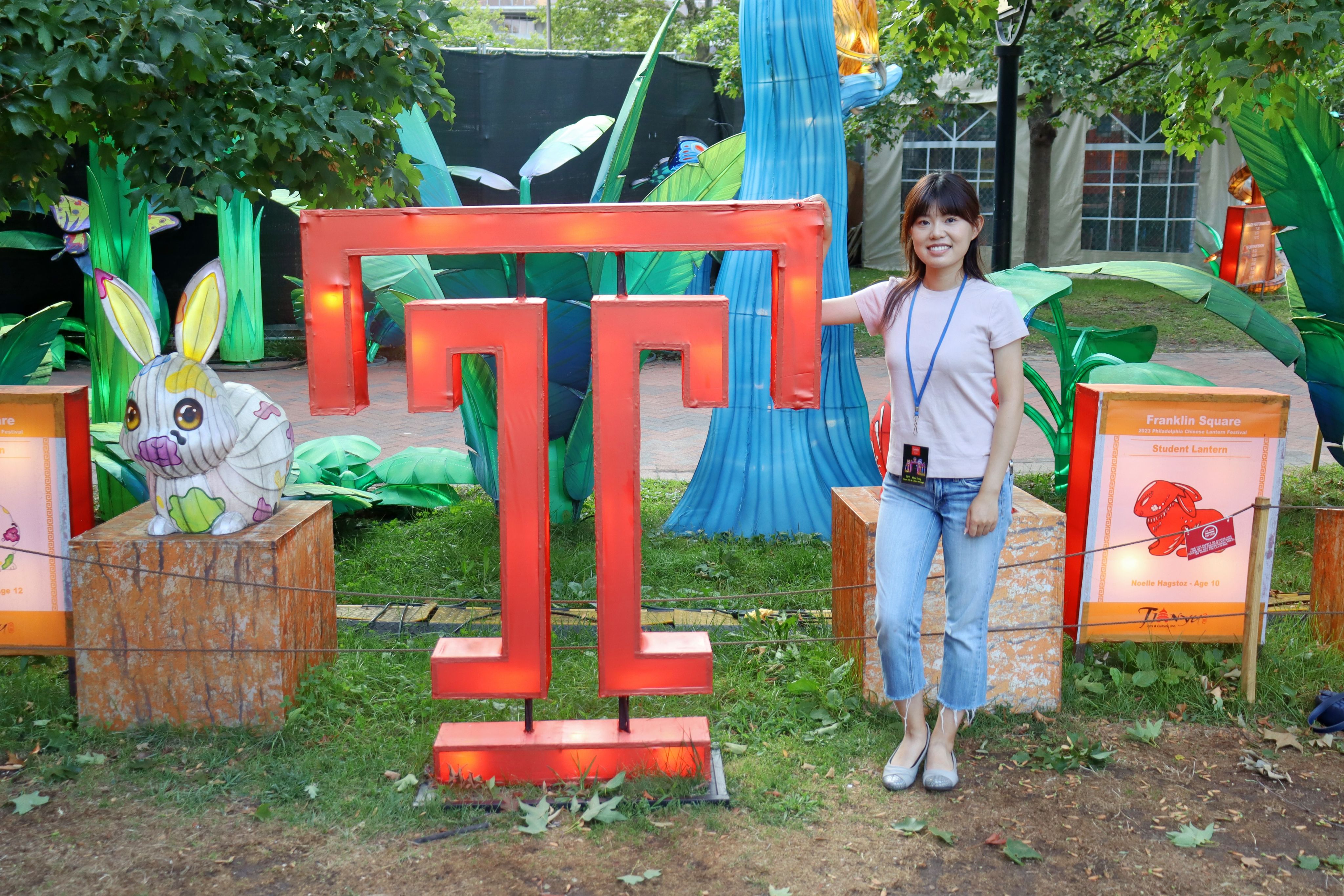
While Ellen Zhang, TYL ’17, has always had a passion for art, specifically what she wanted to do in the arts world has fluctuated since she first came to Temple from China in 2013. One thing stuck with her though: the idea of curation. An aspiration came to her mind over and over again: to be the curator of a museum. Ellen now helps run the Philadelphia Chinese Lantern Festival as arts and culture manager, where she’s been able to make that dream a reality, helping curate the outdoors museum-like spectacle, and allow others to experience the culture she’s so incredibly passionate about.
We sat down with Ellen to discuss her decision to attend school at Temple, her predilection for the art world and her career postgraduation where she can blend her love of art with the sharing of Chinese culture.
Answers have been condensed for clarity and conciseness.
Q: You were born in China and came to the United States in 2013 to study at Temple. What made you decide on Temple?
A: A major reason was Philadelphia is such a great location; it’s near D.C. and New York City, and since I decided to study art, the culture and environment here is great. Temple has so many great programs and majors, and I really enjoyed meeting people from all different types of backgrounds.
Q: Did you live on campus when you were a student?
A: Yes, I did. I stayed in Peabody freshman year, which is no longer there. And then I moved to off-campus housing, but apartments that weren’t too far away.
Q: You decided to get your master's degree right after undergrad – was that always the plan, or something you decided during undergrad?
A: I think sort of both. I picked Art History first because I really love the arts and all the fantastic stories behind every piece of artwork. After that, I realized I didn’t really want to teach. Most people study history and then become a teacher, but I wanted to work in museums, art galleries, and at events. So that’s what made me want to go back to school and study more about how to administrate, manage art organizations, and plan events.
Q: As of last year, you started working for the producers of the Chinese Lantern Festival, Tianyu. How did that all come about – did you finish up your master's and then move right into that?
A: Actually, no. During my master’s program, I had my internship at different art museums, but I didn’t find something relatable for me. I decided to look for something else, and found Tianyu, an arts and culture events company. They produced the Chinese Lantern Festival, and I said to myself, since I was born in China, this is something that feels culturally significant for myself. I decided to apply, got the job, and I really enjoy doing it now.
Q: In your current role, you’re the Tianyu Arts and Culture Manager at the Festival. What goes into that position?
A: The biggest part of my job is to be on site and oversee everything – the installations before, during and after the festival each day. But before that, there’s a lot of preparation needed, including the proposal, budget, finding spaces for every installation, and figuring out transportation. Everyone from our team is from China, so I’m their local contact. I help them settle in and make sure all of the work goes smoothly.
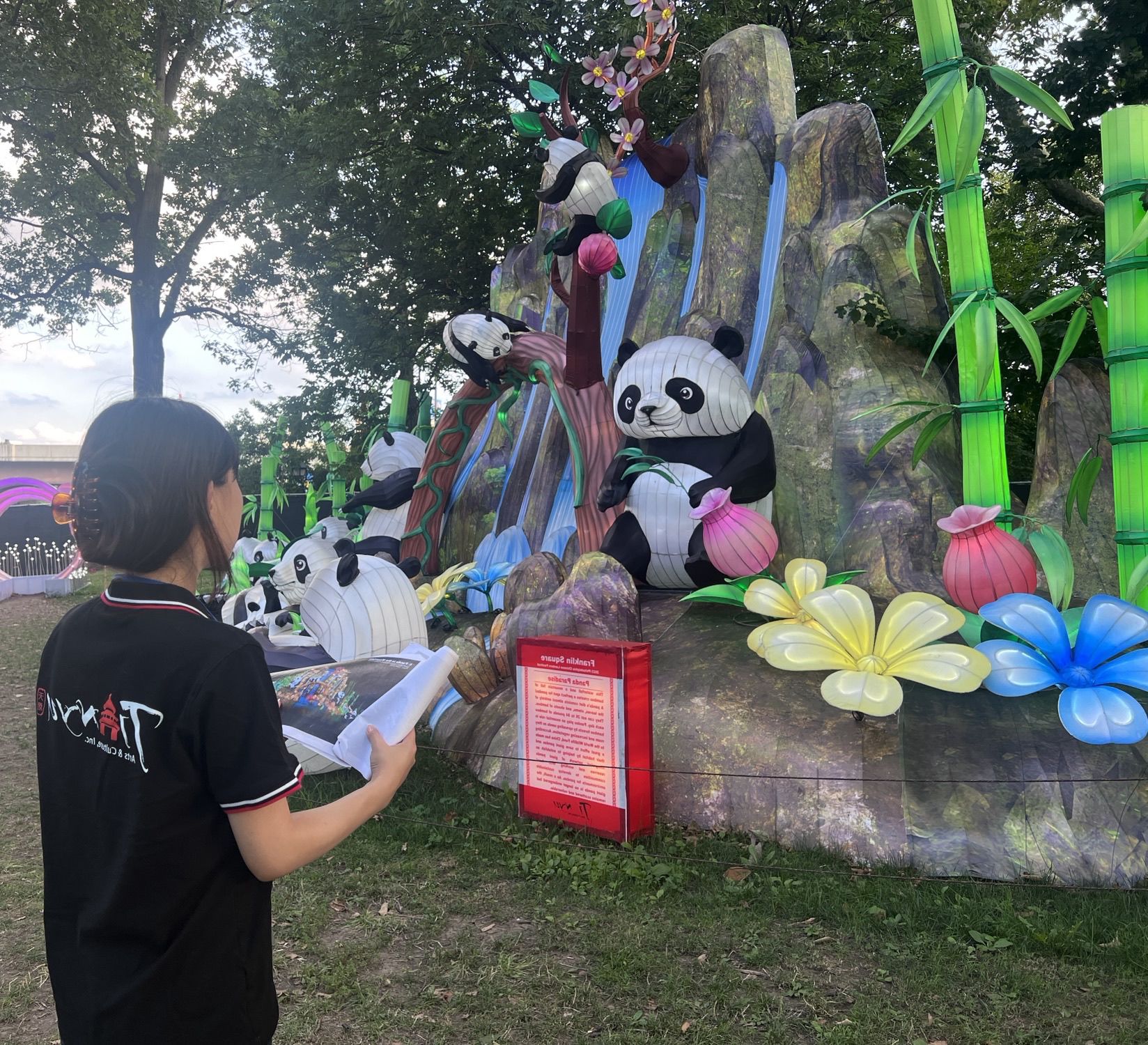
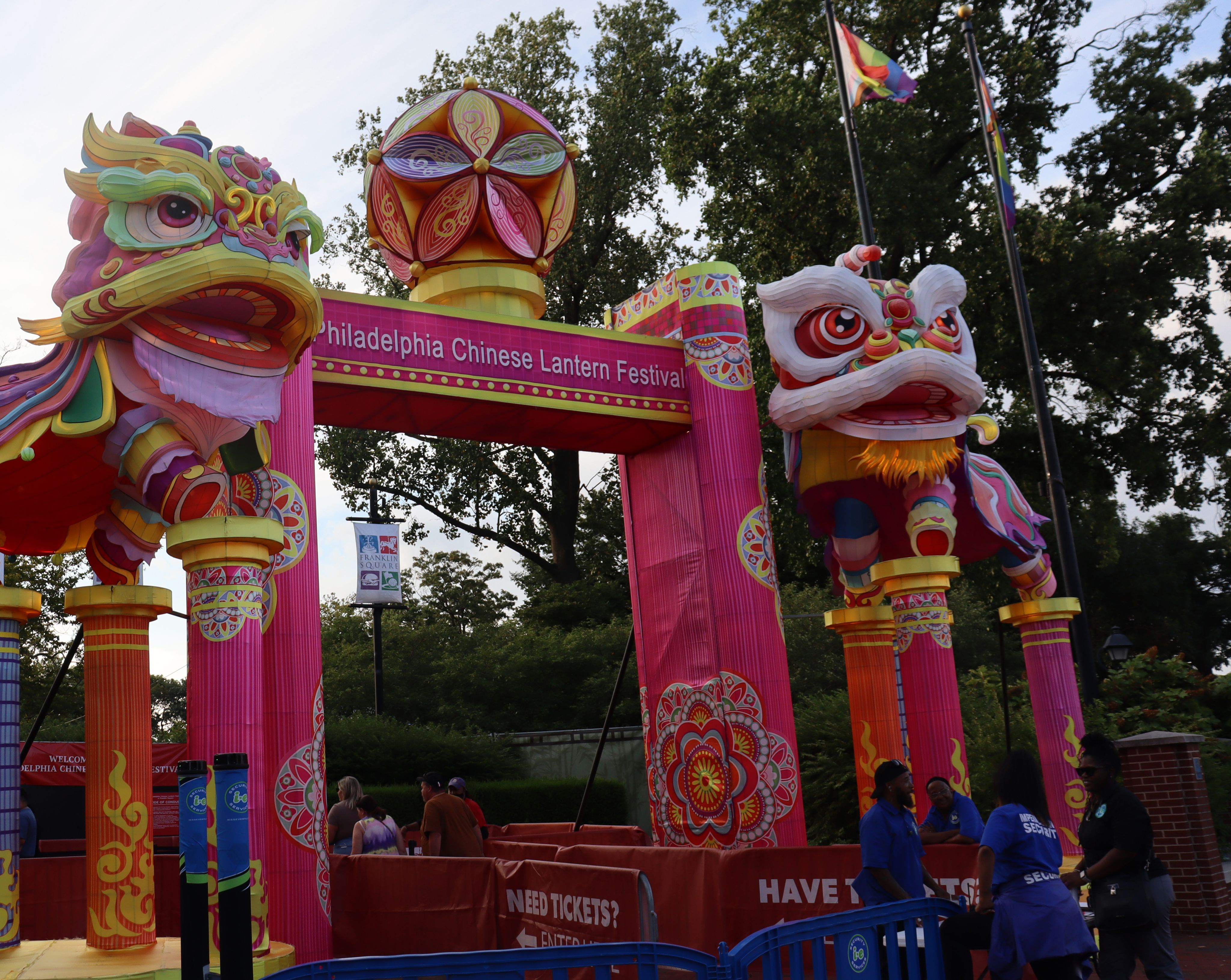

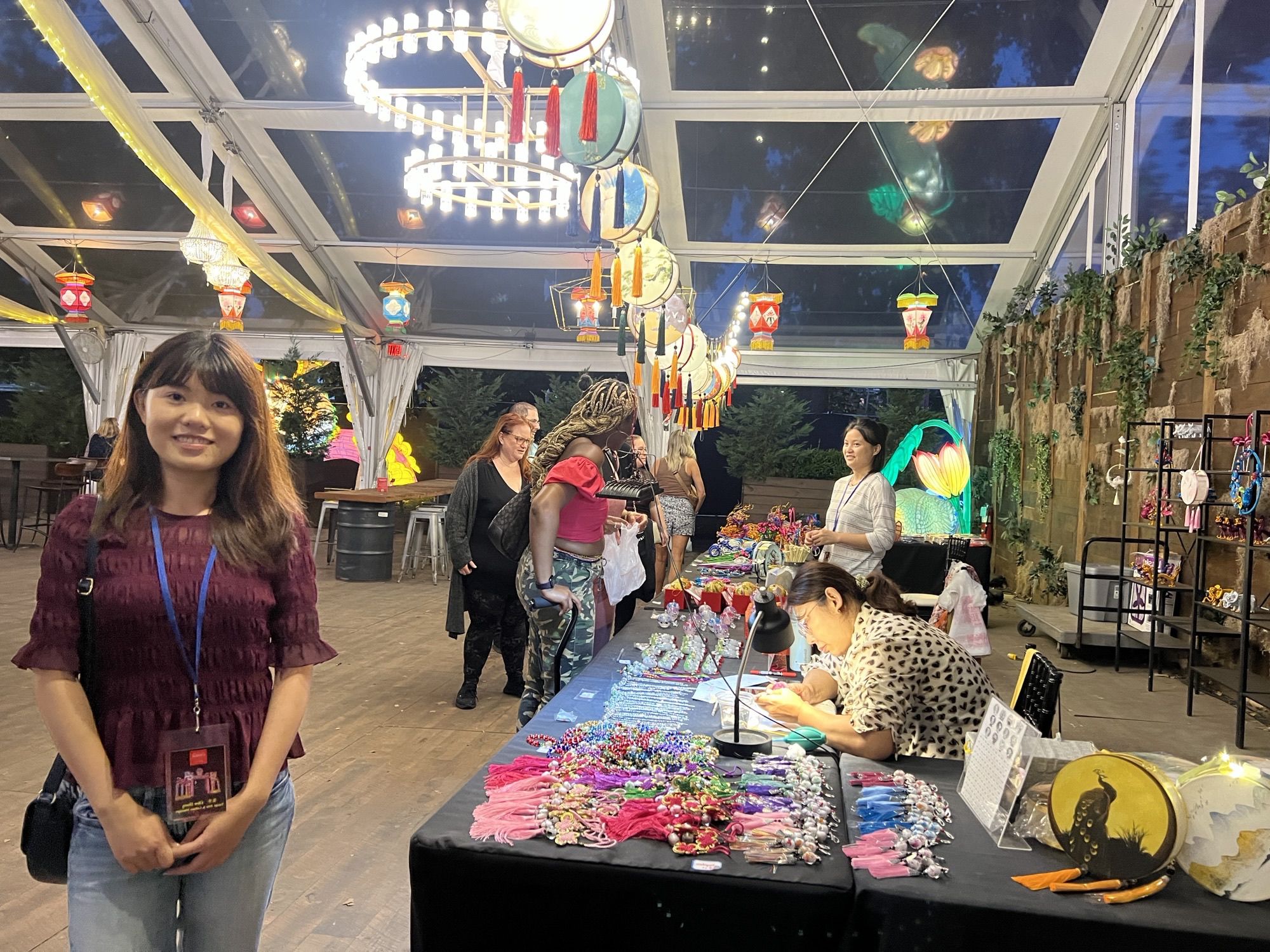
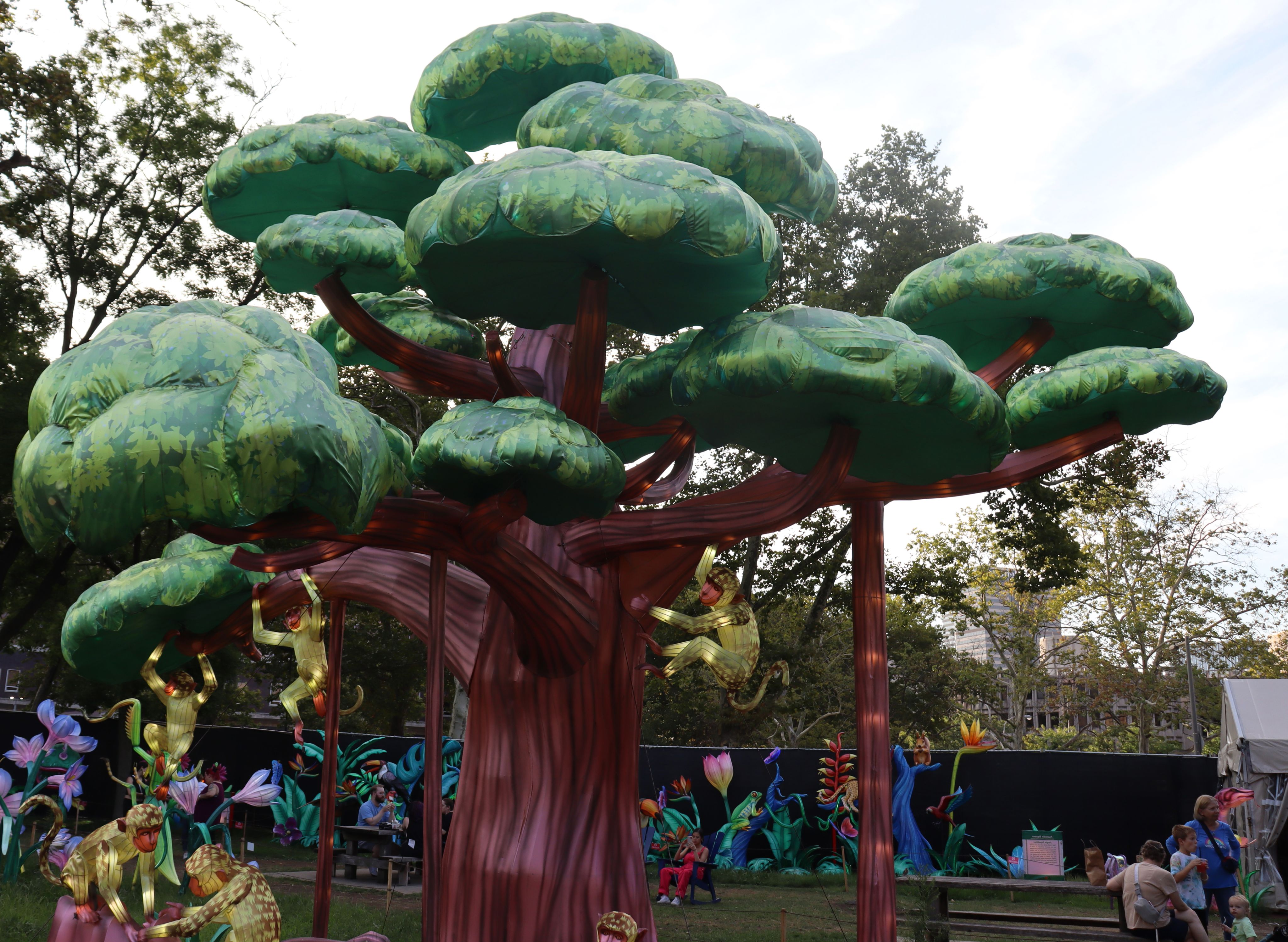

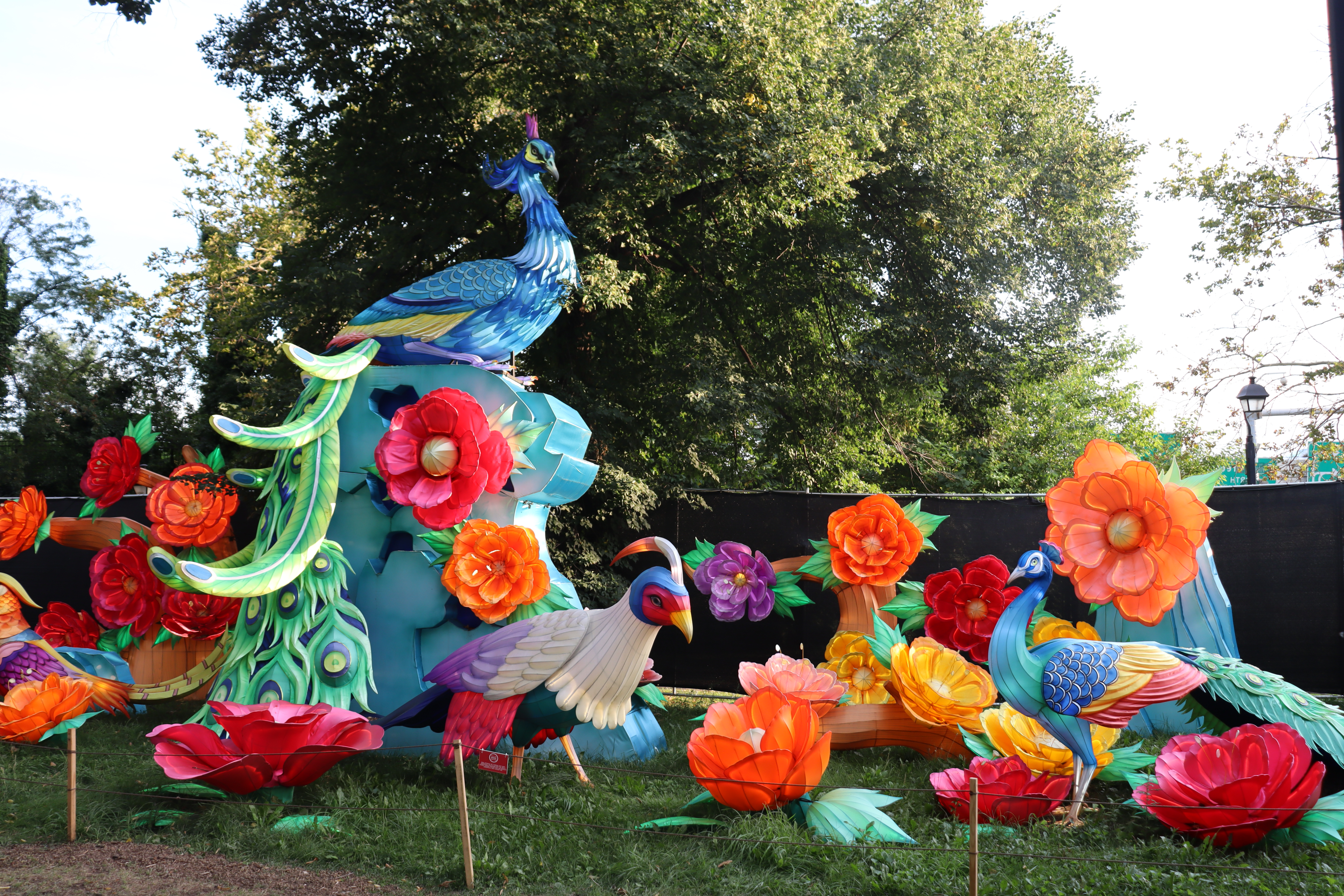
"They [Tianyu] brought Chinese Lantern Festivals to the United States to increase and enrich the cultural communication between China and the U.S. The festival is like a bridge between the two different countries and cultures."
Ellen at the Chinese Lantern Festival.
Ellen at the Chinese Lantern Festival.
Q: What’s one of your favorite things about working at the festival?
A: The installations are my favorite. In my position, you are like the curator; you choose where to put things, and how to make the installations more interactive and more accessible for people. But also, during the festival, I just like to see people come and watch them have fun and enjoy themselves.
Q: It seems like this is the perfect job for you, since you spoke about being so interested in museum curation. It seems in this role, this is a type of museum, and it allows you to use that curating aspiration.
A: Yes! That is how I figure it. I determine where to put all the art, and since it’s so culturally relatable to me, I know the background of everything. I also wrote all of the signage for people to read what each lantern is.
Q: For anyone who hasn’t been to the festival, what do you hope they get out of it?
A: For the company, they brought Chinese lantern festivals to the United States to increase and enrich the cultural communication between China and the U.S. The festival is like a bridge between the two different countries and the two different cultures. But for me personally, I’ve been here [in Philadelphia] for almost 10 years now, and I’ve come to realize that some Asian Chinese and Chinese Americans, especially the younger generations, don’t know a lot about their own culture. So, I think for them to come to the festival, they can find a piece of their own cultural heritage and say, this is what it would look like if I went back to China. I enjoy being able to help bring part of that to the Asian Americans here in the U.S.
Q: The festival here in Philly is only for a short time; what do you do year-round, and where do you see yourself in 5–10 years?
A: I’d love to go to more places with this company, because they produce festivals all around the country. Usually, we have around 20–30 festivals each year around the U.S., so we get the chance to go to different cities to manage and coordinate the festival. I think that’s something I’d like to keep doing, since every few months you get to experience different places and cultures. People are different in every city, and their reactions to the festival are different. That’s something I find precious, and I’d like to see more of that. Doing this work is a great way for more people to know about the Chinese arts and the culture, and hopefully make people more interested in their own culture too.
Q: What advice would you give to current students, whether they’re studying art history, or maybe interested in the same things you’re working on?
A: I think for me, I definitely took a long time to figure out what I wanted to do. I was interested originally in Italian Renaissance art, and then I worked at a museum but then switched gears and started to do this. I would say never be afraid to try different things. You never know what will happen next. Just keep doing what you think is right, and if it doesn’t work out, you can always just try something else.
Q: Looking back to your time on campus, did you have a favorite spot or place to go?
A: Definitely the library. Us history students spend a lot of time in the library, just doing research. Also, it’s quiet too! It was always good for writing a thesis or any paper you needed to finish.
Q: And I always like to ask people what their favorite place to eat on campus was, or favorite food.
A: The Korean food truck; they had these crispy sweet and spicy chicken wings. You would have to call them ahead of time because it takes about 15 minutes to make them. They were always freshly made, and that’s why I loved them.
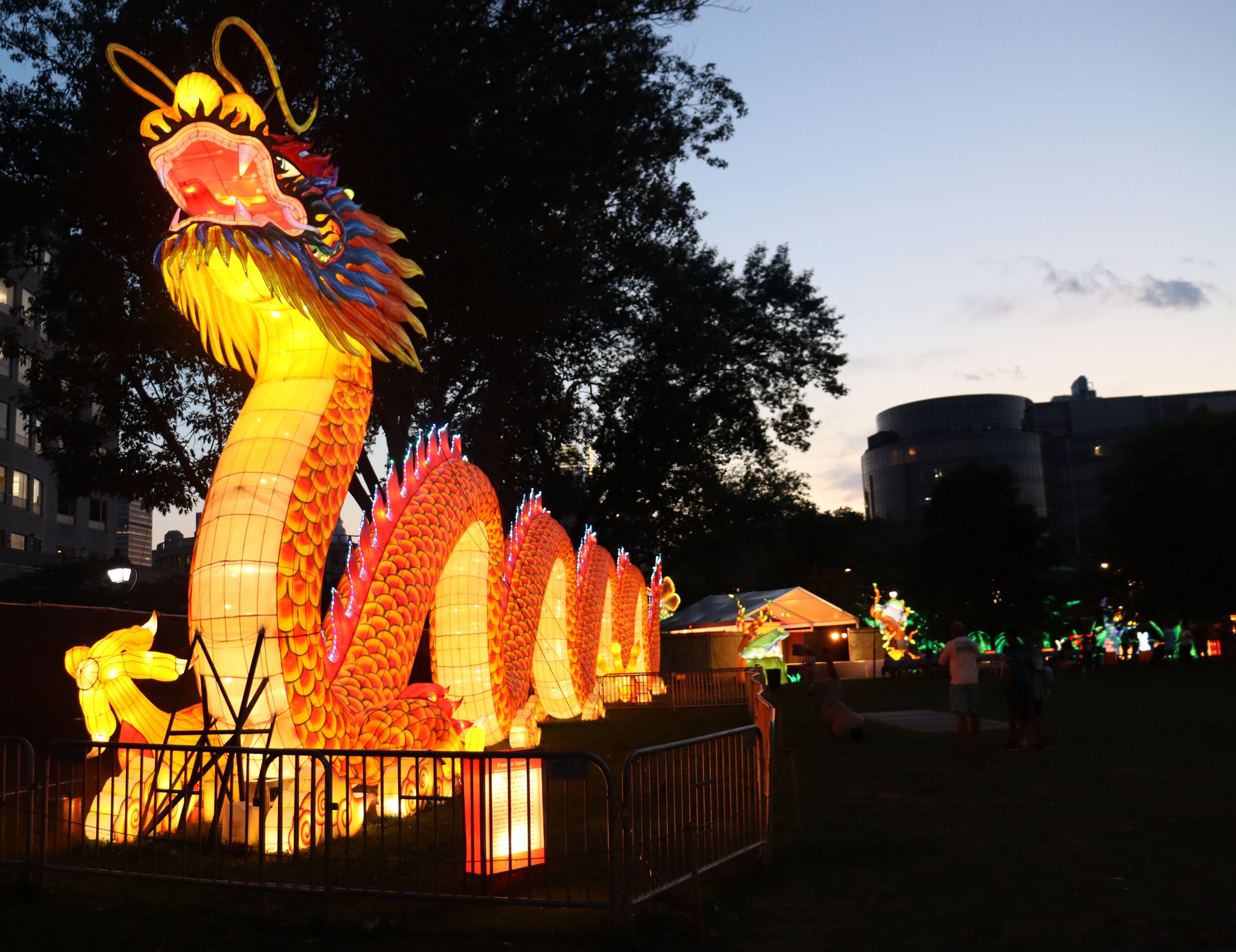

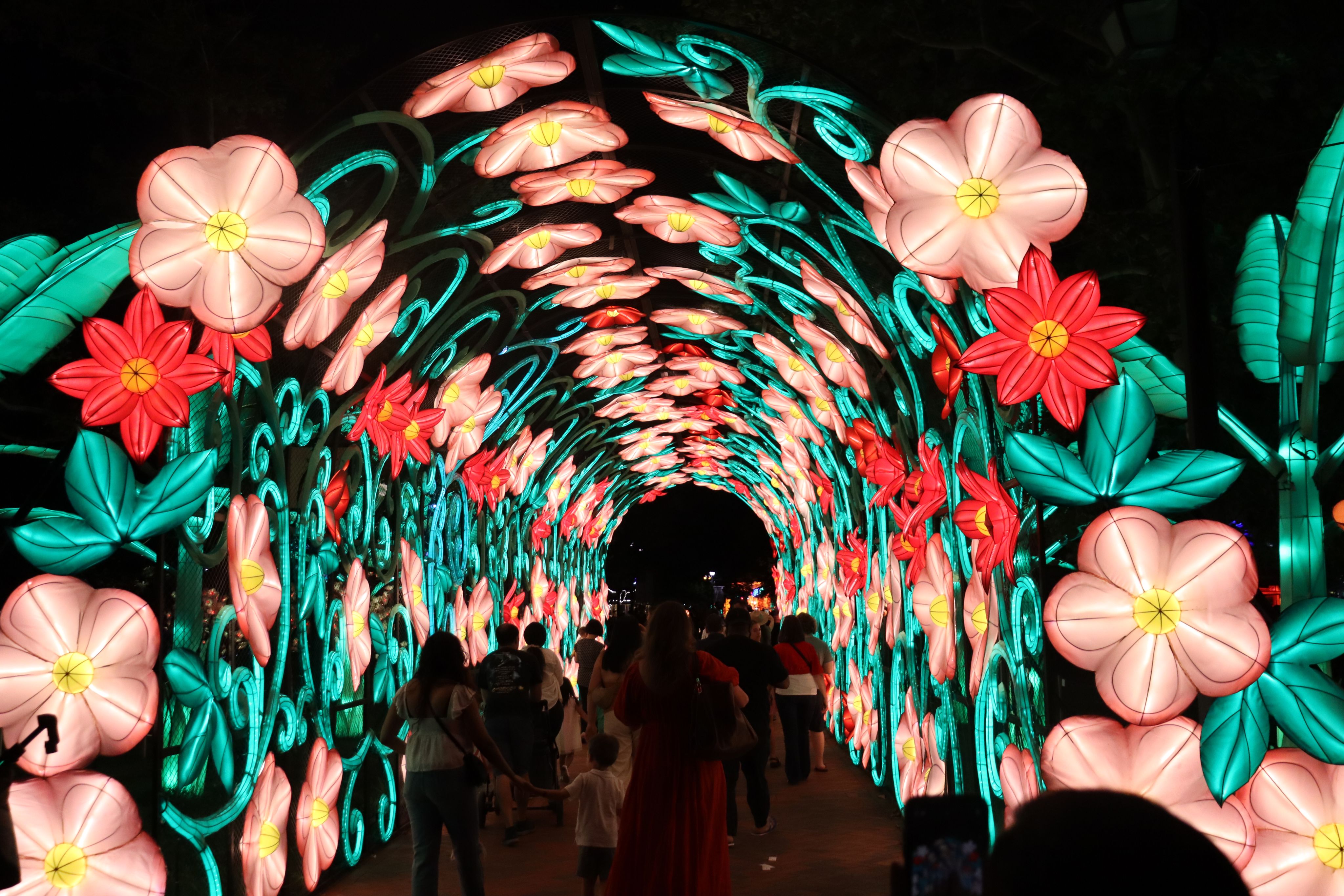

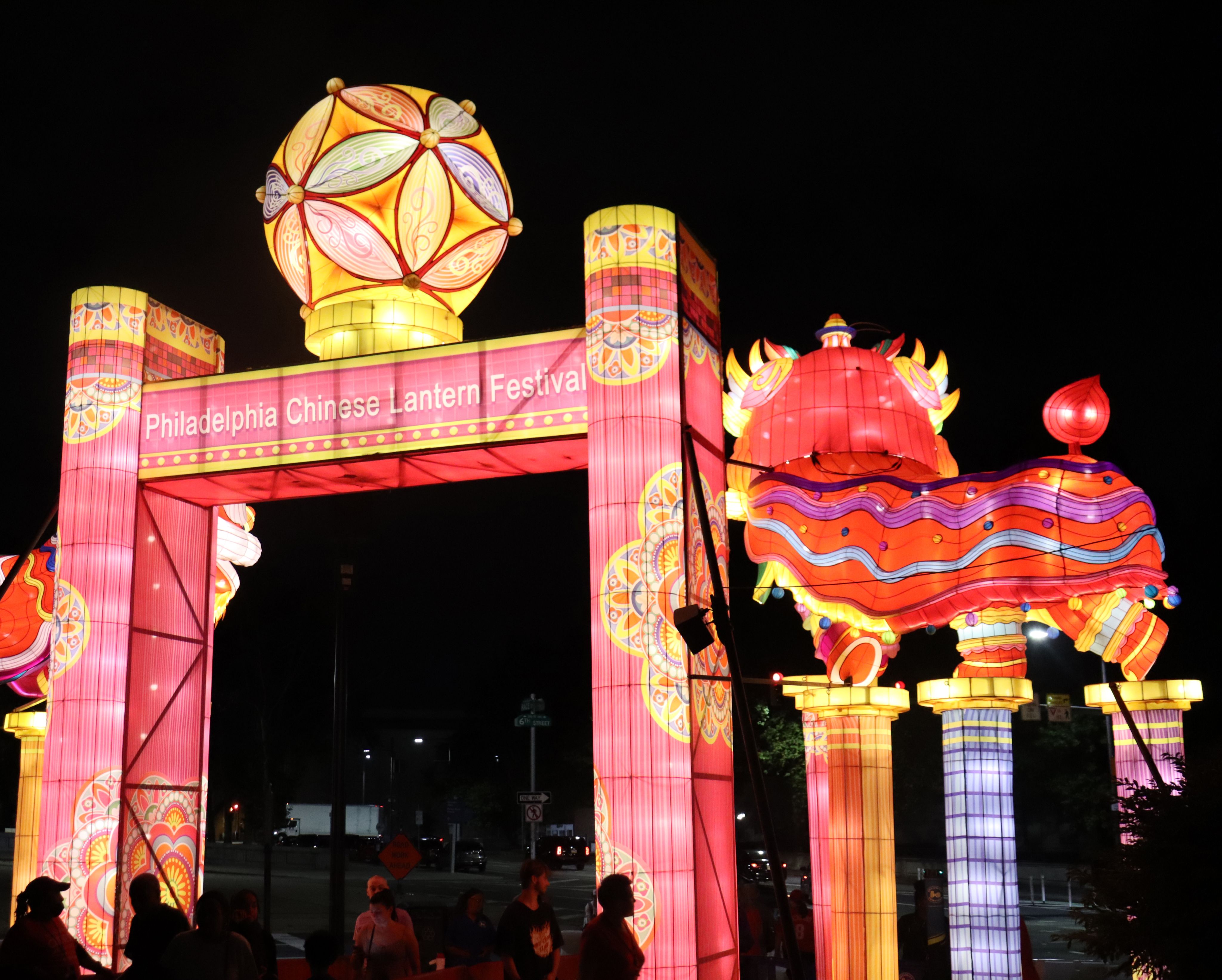
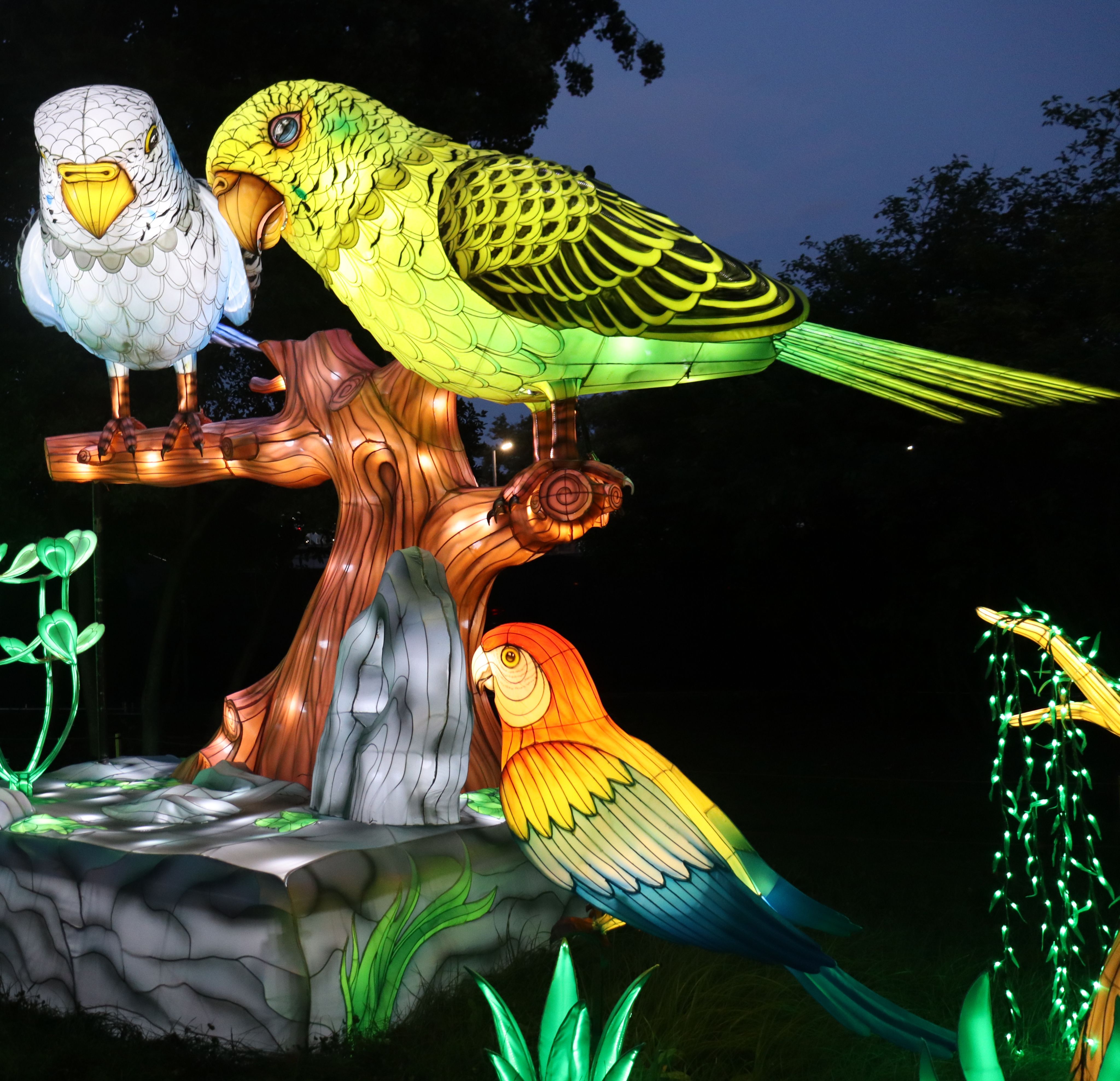

Ellen interviewed on CBS3 in July 2023 for the festival.
"Never be afraid to try different things. You never know what will happen next; just keep doing what you think is right.
The Chinese Lantern Festival returns to Philadelphia on June 20, 2025! You can find more information on the festival right here and learn more about Tianyu's Chinese Lantern Festivals in other cities around the country right here.

